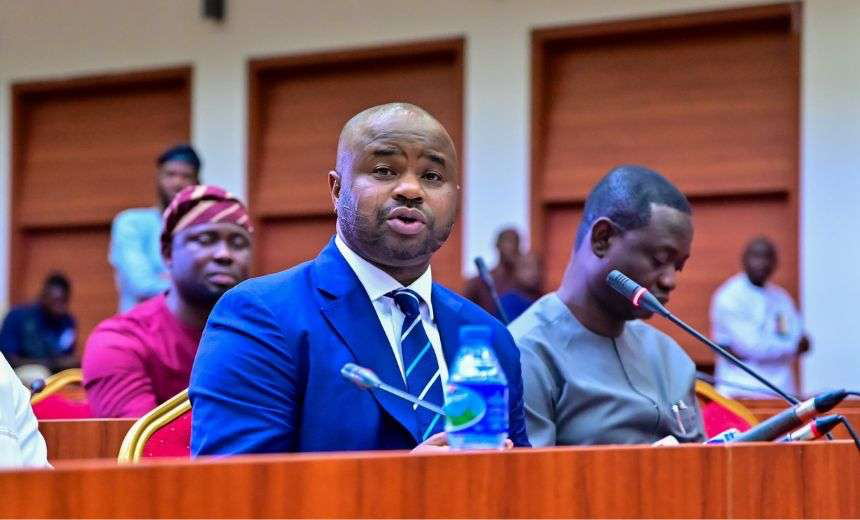Progressive Governors to back Tax Reform bills
By Naomi Sharang The Chairman of the Progressive Governors’ Forum (PGF) and Governor of Imo State, Hope Uzodimma, has announced that the Forum will collaborate closely with the National Assembly to strengthen engagement on the proposed Tax Reform Bills. Uzodimma disclosed this while addressing journalists after a closed-door meeting withContinue Reading















